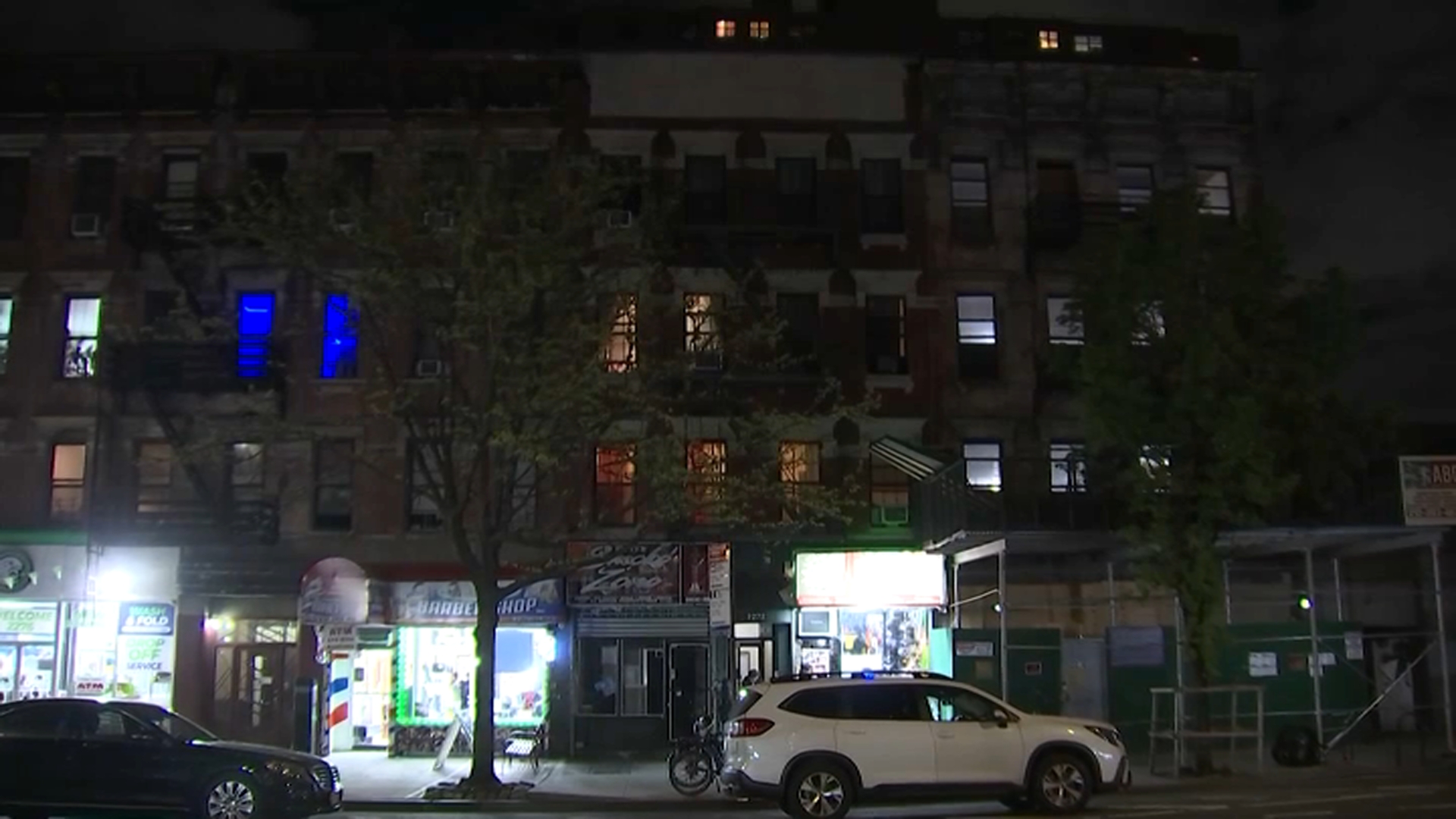A surprise weapons scanning at the elite Bronx High School of Science delayed hundreds of students Wednesday morning, including some who lamented missing their calculus exams, The Daily News reports.
The Department of Education regularly deploys metal detectors to randomly selected public schools, where they're operated by NYPD school safety agents.
Bronx Science students were surprised Wednesday morning to find the scanning stations; the first classes start at 7:45 a.m., but many students didn't get to class until 9:45 a.m., The Daily News reports.
"I missed a calculus test," senior Dorian Hoxha told the paper. "It was a bit of a nuisance."
"I definitely felt that it was not necessary," added senior Abdur Khan. "I feel like we're too nerdy to carry a weapon."
Principal Jean Donohue told parents in an email she's opposed to the random, unannounced scanning, but the school has no control over where scanners are sent, the News reports. She said students who missed class as a result of the unexpected scanning won't be marked absent, and those who missed tests will be allowed to make them up.
School safety officers recovered a box cutter, several utility knives and a small amount of marijuana from Bronx Science students, the officers' union told The Daily News.
Local
Nearly 3,000 students attend the selective public high school, one of eight in the city in which students must take a standardized entrance exam to be considered for admission. The school is regularly counted among the top 50 public high schools in national rankings like the U.S. News and World Report.
In addition to the roving scanners, there are fixed scanning stations at 88 school buildings housing nearly 400 city schools, the News reports.
The city's school security guards union has been calling for more metal detectors and scanners at schools, particularly after a rash of weapons incidents at schools in March and April.
But some parents groups and advocates say detectors are now unneeded because of low crime rates, and can be discriminatory because they generally sit in schools serving minority neighborhoods.



